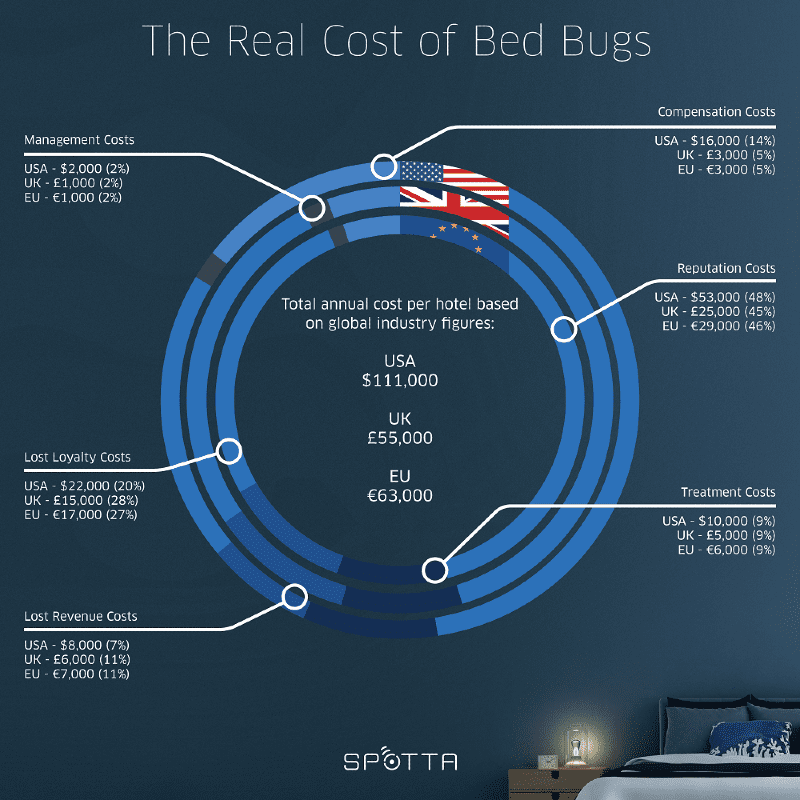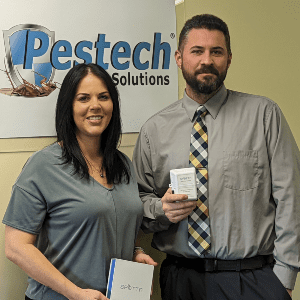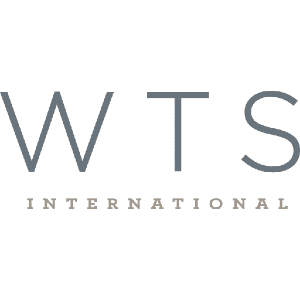The pandemic may have disrupted global travel, but as we put the finishing touches on our new hotel in Paris, planning for a post-pandemic world was paramount.
Health and hygiene are always considerations, but it was even higher on our agenda as we sought to build the most reassuring, safe environment for guests to experience. Coupled with an ambition to use ‘best practice’ environmentally-friendly procedures throughout the hotel, we decided to adopt a revolutionary new technology to protect against pests.
Bed bugs in Paris
Bed bugs had been almost eradicated from the French capital in the mid-20th century, but had returned en masse by 2020 to bite the city’s hospitality industry. The Ministry of Housing blamed international travel for their resurgence, whilst a study in 2016 found that bed bugs had become resistant to pesticides, making them even more difficult to treat.
There were 400,000 different addresses in Paris treated by pest controllers in 2018 – many of them hotels and short-stay holiday apartments. The problem was so bad that the French Government had launched a bed bug hotline shortly before Covid hit, and candidates in the city’s 2020 mayoral election campaigned on greater pest controls.
Hoteliers know that bed bugs are not a sign of an unclean hotel. These pests are just as likely to be found in a luxury boutique resort as they are in a three-star ‘flop and fly’ airport hotel.
Bed bugs are the ultimate unwanted guest. They can hitch a ride on a guest’s luggage, clothing or even in the spine of a book. Thanks to their size, they are hard to spot by the human eye. And because they often come out at night, can last around a year without feeding and are generally good at hiding, bed bugs aren’t always on the move when inspections are held.
The damage caused by bed bugs
We know the damage bed bugs can cause; the tiny pests can cost over €63,000 (USD 111,000) a year for a 200-room hotel, based on industry averages. The cost includes treatment, guest compensation, lost revenue, loyalty and reputation, and staff time to handle the problem. The damage is not just to a business’s bottom line.
Hoteliers work hard to build their reputation, and that can be bitten away overnight by a bed bug infestation. Negative reviews and word-of-mouth that your hotel has bed bugs can quickly stain your reputation. This can put you back to square one in managing your business on the books – for the lost repeat and referred business, your sales and marketing efforts will need to increase to acquire new customers.
Tackling the problem – before it exists
As we finalised the new hotel, we decided to get in front of the bed bug problem, ready for when international travel returns to ‘normal’ and people once again move freely between cities and countries. To do so, we investigated a range of pest control methods, seeking an optimal solution for our needs: we wanted a proactive approach to bed bug control, as well as finding a company who can respond to routine pest management needs.
Bed bug monitoring is usually a labor-intensive, manual task. In the current climate, with hospitality staff stretched and most departments understaffed, we wanted to free our housekeeping and maintenance teams from manual inspections. Some solutions in the marketplace seemed effective but involved too much ongoing human maintenance or the obvious presence of dogs, sniffing out the pests. Others had intrusive cables, disturbing the aesthetics of a room and instilling a fear and sense of discomfort in guests who would notice the wires.
The remote monitoring system of Spotta Smart Pest Systems fitted our brief, and we made the decision to install it before opening. We knew our new hotel – ibis Montlhéry Paris Sud – was bed bug free throughout construction, and our objective was to avoid any risk of infestation both as we opened and – more importantly – as we operate.
Because of the way bed bugs are transported, we know we can’t stop and search every guest to ensure they don’t have bed bugs – most guests who have them aren’t even aware themselves! – but we wanted to catch any unwanted arrivals quickly, before they multiplied.
All 99 of our guest rooms were installed with Spotta’s monitoring system, and the process was easy. Once under each mattress, the Bed Pod can be forgotten about for at least six months before its battery may need changing. But it doesn’t forget about us! The system runs 24/7 and when pests are identified, the hotel’s operations team are alerted through email and an easy-to-use platform as to the room number a bed bug has been found in. This allows our hotel team to act quickly, putting the room out of service and working with pest control partners to eradicate the bed bug before its numbers swell. We know about the bed bugs before a guest would!
Maximising guest comfort and experience
Since opening, we’ve been able to provide our guests with the greatest comfort as they unwind. Bed bugs are one of the most disruptive events for hotels; a guest won’t thank you for not having bed bugs, but will shout about them if you do. We all strive to provide guests with enjoyable experiences, and encountering bed bugs is one of the least enjoyable experiences for both a guest and your business.
By thinking proactively about the challenges pest control presents, hoteliers can get ahead of problems. For hotel owners, implementing a proactive pest monitoring strategy as you build your property – or during extensive refurbishments – minimises the disruption to your existing business and helps protect your reputation and profits once you open.




















